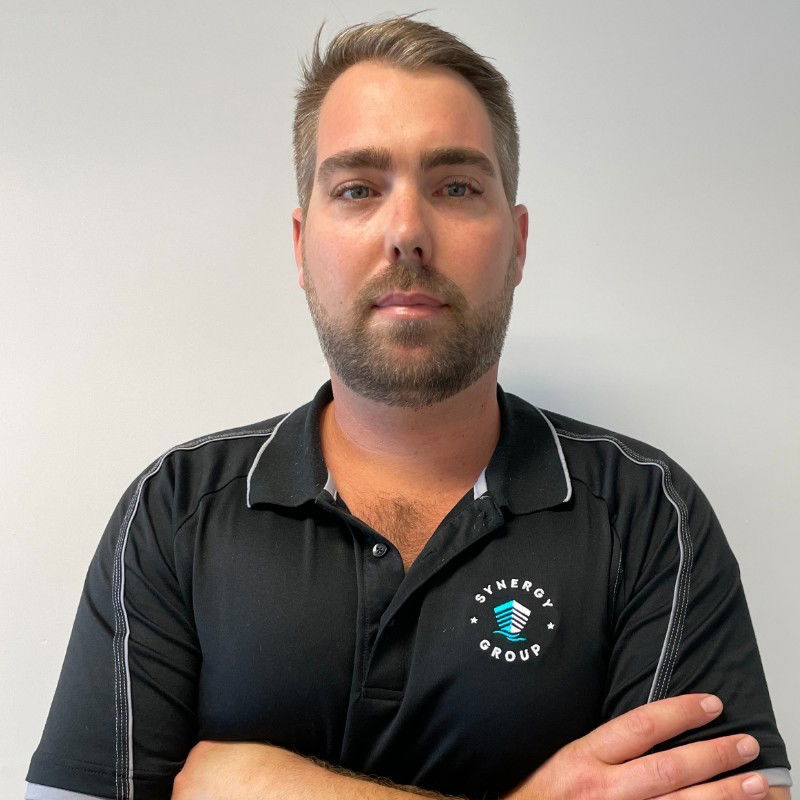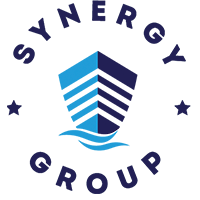1. What inspired you to pursue a maritime career?
I was lucky enough to have been raised around boats, and always near the ocean, so it was a natural progression for me to end up at sea, after finishing High School. I started my Pre Sea cadet training and have thoroughly enjoyed working in the commercial maritime sector ever since.
2. Why did you make the decision to move ashore, and how was the transition?
The birth of my son Max in 2018 made the decision quite easy, and I was lucky enough to be offered an opportunity to come ashore in 2020. The transition from being on board a vessel, in a dynamic and ever-changing environment, to shore life had its hardships, and I miss the sunsets, but the responsibilities shore staff take on to keep the vessels, crews and companies running smoothly are of vital importance, and I take my role very seriously.
3. What are some of the significant changes that you see in the maritime industry now?
Digitalisation and the technology that crew now use daily, and the IT changes in just the last decade, have all been very significant.
Crew well-being has always been a focus, but with the pandemic it has really has been thrown into the spotlight, especially around mental health. Ships’ staff have been the unsung heroes of the pandemic over the last two years.
Also of great importance are the various environmental impacts, and the expectations of younger generation seafarers on how we as a global operation will reduce our footprint.
4. As the Regional Operations Manager, what are some of your key responsibilities?
My core role sees me dealing with our vessels calling in to Australian ports, and liaising with all the major stakeholders in order to keep our operations running smoothly. I can be doing an audit one day, and sitting down with clients to advance our presence in Australia the next. It’s quite dynamic, which certainly keeps things interesting.
My key responsibilities are:
- participation in preparation of dedicated vessel strategy, targets and goals;
- as the direct contact for port operators and Australian charterers;
- developing and maintaining relationships with internal and external stakeholders;
- promoting safe work practices through education, job planning and risk management;
- Marine Suitability requirements and other client-specific audits, and directing the required recourse as part of the closing process;
- carrying out internal audits on Synergy-managed vessels;
- continued business development for Synergy in Australia.

5. Decarbonisation is one of the main focuses of the maritime industry. What are some of the key steps in order to “Get to Zero” by 2030?
Decarbonisation will be one of the biggest changes in the next decade. We as a company need to continue taking effective steps in all areas – both on board and ashore – to help reduce our footprint for the future generation. Some things can be as simple as reducing hotel loads on vessels, to lessen power usage, through to new builds using alternative fuels and battery packs.
6. What do you like to do on your days off?
I enjoy getting out on the ocean on my own boat, whether that is taking my son fishing or going diving. If I am not doing that, I can be found catching up with friends and family.
7. What advice would you give to aspiring professionals who want to pursue a maritime career?
The maritime sector has many and varied opportunities, and I would encourage anyone thinking about it to reach out and investigate it. Time away from family and friends can be hard, but it pays off in the end and it’s a great career.



